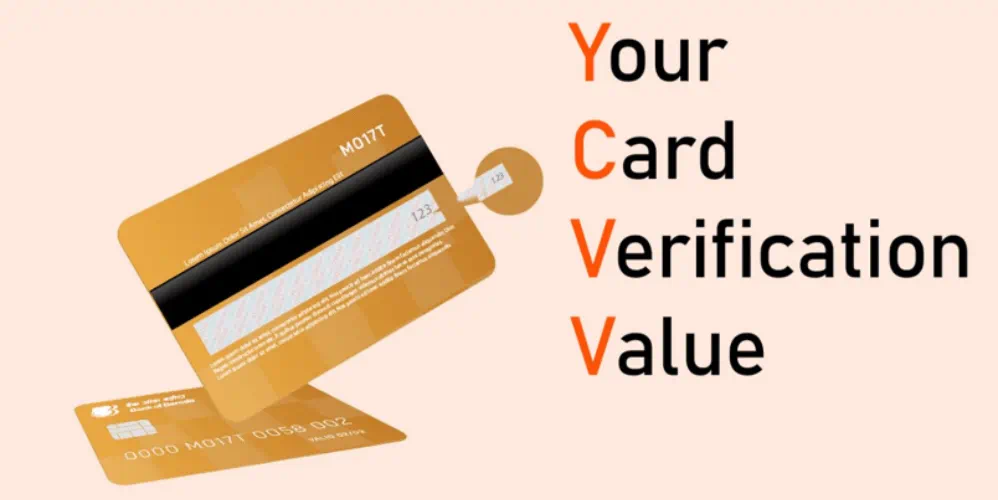
विभिन्न प्रकार के आवर्ती जमा
21 मार्च 2023

Table of Content
What are the types of Recurring Deposit?
Recurring Deposit (RD) is an easy and convenient way to start regular savings. In this, a fixed amount is deposited every month and earns interest at a predetermined rate. RD can be opened with any Bank, Post Office or NBFC by any person, a senior citizen, a minor above 10 years with a guardian, partnership firms, clubs, associations and NRIs. The rate of interest varies across financial institutions and the tenure ranges from 6 months to 10 years.
There are various types of RDs to suit the different financial needs of every individual. It is a perfect way to collect lump sum money by saving small amounts and earning high interest on it. Types of Recurring Deposits are discussed as follows -
Baroda Recurring Deposit Scheme
This is a Recurring deposit scheme offered by the Bank of Baroda. It is a basic monthly plan that accumulates small savings over a certain period. The interest gets accrued over the tenure and is paid at maturity.
Features of this RD account are as below -
| Eligibility | Any individual, or minor above 10 years of age with a guardian, Clubs, associations, or partnership firms (NRE account holders are not allowed) |
| Tenure | 6 months to 120 months |
| Amount | Minimum ₹ 50 (in rural areas) and ₹ 100 (in urban areas); thereafter in multiples of 50 and 100 respectively |
| Interest | Quarterly compounding; Interest is credited with Principal at Maturity |
| TDS | TDS will be deducted as per the income tax extant guidelines. |
| Loan Facility | Available up to 95% of the outstanding deposit amount |
Baroda Flexible Recurring Deposit Scheme
This is a unique kind of RD offered by the Bank of Baroda. A basic monthly saving plan, which helps customers to regulate their savings for higher returns with liquidity.
The interest is credited to the Savings account twice a year (September and March). For senior citizens, an additional 0.5% is given for deposits below ₹ 1 crore.
Features of this RD are summarized below -
| Eligibility | Any individual, or minor above 10 years of age with a guardian, Clubs, associations, or partnership firms (NRE account holders are not allowed) |
| Tenure | 12 months to 120 months |
| Amount | ₹100 (thereafter in multiples of 100) |
| Interest | Half-yearly compounding; Interest is credited to the Savings account twice a year in September and March |
| TDS | TDS will be deducted as per the income tax guidelines. |
| Loan Facility | Available up to 95% of the outstanding deposit amount |
NRI Recurring Deposit
Non-resident Indians or NRIs can also start RD from their NRO or NRE accounts. A major advantage of opening an NRE Recurring deposit is that it is not taxable. All the interest earned on NRE FD is tax-free. However, NRO FD is taxed at 30% plus the applicable surcharge and cess subject to change as per extant guidelines. The maturity amount of NRE RD is fully repatriable but there is a limit of 1 USD Million for repatriation on NRO RD subject to change as per extant guidelines.
Conclusion
Recurring Deposit is a great investment tool to meet short-term financial goals with ease. It is also very effective in creating a habit of saving. RD is a convenient way to accumulate a lump sum amount of money over a period of time. Anyone can start an RD easily including minors and senior citizens. If a Savings account already exists with a bank then no extra documentation is required. The process is fast and simple which makes RD a very attractive savings tool among all age groups and income classes.
Also Read: How to Open a Recurring Deposit Account
Popular Articles
What is Tenure in a Personal Loan and How to Choose the Loan Tenure Smartly?
Related Articles



What is CVV on a Debit Card? Understanding Its Importance and Security Features


How to Update Your FASTag KYC: Step-by-Step Guide for Online & Offline Methods




The Importance of Pension Funds: Secure Your Future with Steady Retirement Income

-
डिस्क्लेमर
इस लेख/इन्फोग्राफिक/चित्र/वीडियो की सामग्री का उद्देश्य केवल सूचना से है और जरूरी नहीं कि यह बैंक ऑफ बड़ौदा के विचारों को प्रतिबिंबित करे। सामग्री प्रकृति में सामान्य हैं और यह केवल सूचना मात्र है। यह आपकी विशेष परिस्थितियों में विशिष्ट सलाह का विकल्प नहीं होगा । बैंक ऑफ बड़ौदा और/या इसके सहयोगी और इसकी सहायक कंपनियां सटीकता के संबंध में कोई प्रतिनिधित्व नहीं करती हैं; यहां निहित या अन्यथा प्रदान की गई किसी भी जानकारी की पूर्णता या विश्वसनीयता और इसके द्वारा उसी के संबंध में किसी भी दायित्व को अस्वीकार करें। जानकारी अद्यतन, पूर्णता, संशोधन, सत्यापन और संशोधन के अधीन है और यह भौतिक रूप से बदल सकती है। इसकी सूचना किसी भी क्षेत्राधिकार में किसी भी व्यक्ति द्वारा वितरण या उपयोग के लिए अभिप्रेत नहीं है, जहां ऐसा वितरण या उपयोग कानून या विनियमन के विपरीत होगा या बैंक ऑफ बड़ौदा या उसके सहयोगियों को किसी भी लाइसेंसिंग या पंजीकरण आवश्यकताओं के अधीन करेगा । उल्लिखित सामग्री और सूचना के आधार पर किसी भी वित्तीय निर्णय लेने के लिए पाठक द्वारा किए गए किसी भी प्रत्यक्ष/अप्रत्यक्ष नुकसान या देयता के लिए बैंक ऑफ बड़ौदा जिम्मेदार नहीं होगा । कोई भी वित्तीय निर्णय लेने से पहले अपने वित्तीय सलाहकार से सलाह जरूर लें।
आवर्ती जमा में निवेश की विशेषताएं और लाभ
अपने कॉर्पस को विकसित करने और निवेश शुरू करने के लिए सबसे अच्छा तरीका, नियमित रूप से निवेश में पैसा लगाना है। नियमित किस्तों की मांग करने वाले निवेशक न केवल बचत करने में मदद करते हैं, बल्कि वे निवेशकों के बीच निवेश करने हेतु अनुशासन भी सिखाते हैं। ऊपर दिए गए विवरण को पूरा करने वाले सबसे लोकप्रिय निवेशों में से एक आवर्ती जमा या आरडी है। आरडी खाते की विशेषताएं और लाभ क्या हैं, यह जानने के लिए इस आसान गाइड को पढ़ें।
सावधि जमा पर समय से पूर्व निकासी: जुर्माना शुल्क और वैकल्पिक विकल्प
अधिकांश बचतकर्ता अपने नियमित आय के साथ अलग से कुछ आय अर्जित करना चाहते हैं। सावधि जमा, उनके बचत को निवेश करने हेतु नयी दिशा प्रदान करता है । जब कोई व्यक्ति सावधि जमा में निवेश करता है, तो वे निवेश की निश्चित अवधि में निश्चित आय अर्जित करते हैं। सावधि जमा , जिसे टर्म डिपॉजिट के रूप में भी जाना जाता है, कार्यरत पेशेवर और सेवानिवृत्त वरिष्ठ नागरिक, दोनों के लिए उपयुक्त हैं। सावधि जमा 7 दिनों से लेकर 10 वर्षों तक की अवधि तक होता है। विभिन्न बैंकों और वित्तीय संस्थानों द्वारा दी जाने वाली ब्याज दर अवधि के साथ-साथ बैंक की क्रेडिट रेटिंग के अनुसार अलग-अलग होती है। आम जनता के लिए सावधि जमा का ऑफर करने के लिए प्रत्येक बैंक के अपने नियम व शर्तें होती हैं।

